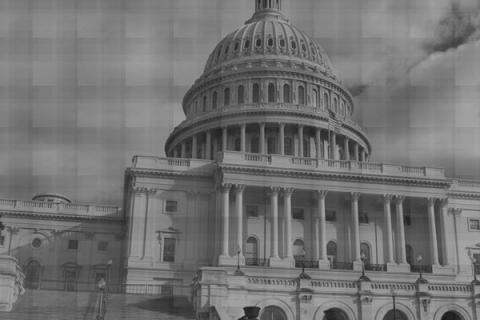In a little-noticed move in late August, California Gov. Jerry Brown signed legislation that would award all of California's electoral votes in presidential elections to whichever candidate wins the national popular vote, a solution that proponents say would make presidential elections more rational and fair.
The bill is possible because the U.S. Constitution leaves the power of selecting electors for presidential elections to the individual states. Article II, Section 1 says:
"The executive Power shall be vested in a President of the United States of America. He shall hold his Office during the Term of four Years, and, together with the Vice President, chosen for the same Term, be elected, as follows:
Each State shall appoint, in such Manner as the Legislature thereof may direct, a Number of Electors, equal to the whole Number of Senators and Representatives to which the State may be entitled in the Congress..."
In recent decades, as the country has grown out of the regionalism and constraints on travel and communication that faced our Founding Fathers, the electoral college system has seemed more and more obsolete to many Americans. In 2000, critics said the system was positively broken when President George W. Bush won the electoral vote to become President, despite losing the national popular vote. Then again in 2004, despite winning the national popular vote by a margin of millions, President Bush might have lost reelection if only a few tens of thousands of votes in key swing states had been different.
California's recent legislation is part of a nationwide movement to creatively remedy the problem on a state-by-state level-- a movement that might very well succeed in time for 2016. California is only the latest state to pass the national popular vote bill in addition to Hawaii, Maryland, Washington, New Jersey, Vermont, Massachusetts, Illinois and the District of Columbia, putting the bill's supporters at the halfway point toward their goal to pass it in states with a collective total of 270 votes.
The bill's momentum is an example of the power of local activism and the ability to make even national reforms by means of involvement in state and local government.

